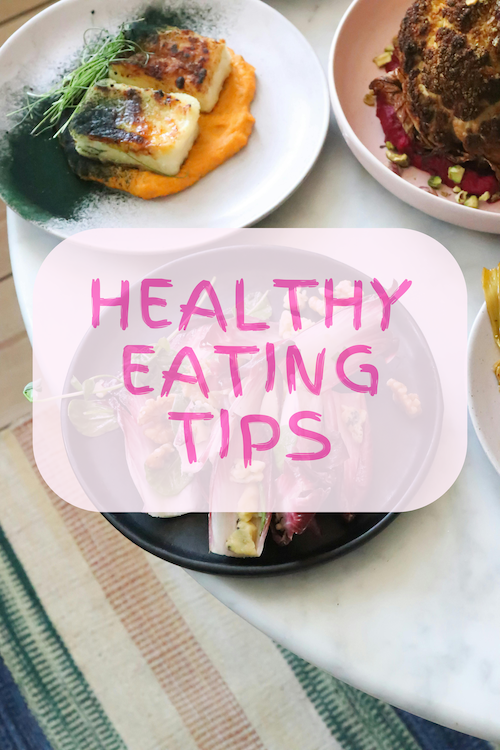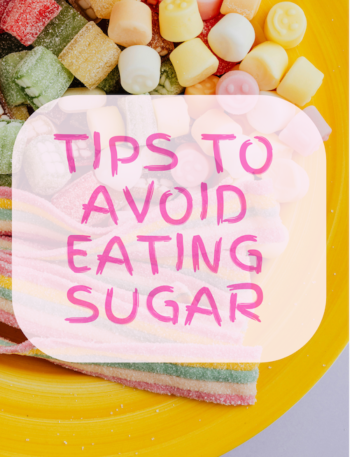One of the most basics rudiments of having a good overall health is, without a doubt, our eating habits. This is why we’ve put together this healthy eating tips post for a neat guide and easy to remember list of the things to keep in mind when trying to make this part of your life.
These tips might seem a little obvious to you, but we also provide the exact reasoning behind why they are important to follow so that you can justify making them part of your daily routine.
Let’s go…
Table of content
- What is healthy eating?
- Eat your veggies
- Have your veggies first
- Dressings should go on the side
- Slow your eating pace
- Only healthy food around you
- Plan your grocery shopping
- Keep “diet” food away
- More home cooking
- Make drinking water a priority
- Prioritize protein
- Eat eggs (mostly for breakfast)
- Drink black coffee (if you drink coffee at all)
- Consume healthy oils
- Could you recommend any supplements?
- Related posts and recipes
What is healthy eating?
This is the most basic question to make before going into more details about healthy eating; we need to understand what it is and why it is important.
Healthy eating is about getting the right balance of nutrients and vitamins to fuel your body and keep you strong and healthy. It involves choosing foods from all five food groups – protein, carbohydrates, fat, fiber, and vitamins/minerals.
According to the World Health Organization, a healthy diet is a foundation for health, well-being, optimal growth and development. It protects against all forms of malnutrition. Unhealthy diet is one of the leading risks for the global burden of disease, mainly for noncommunicable diseases such as cardiovascular diseases, diabetes, and cancer.
A healthy diet starts early in life with adequate breastfeeding. The benefits of a healthy diet are reflected in higher educational outcomes, productivity and lifelong health.
Now let’s dive into the actual tips for healthy eating…
Eat your veggies
A diet rich in fruits and vegetables has been scientifically proven to provide numerous health benefits, such as reducing your risk of several chronic diseases and strengthening your immune system.
Vegetables and fruit are packed with nutrients (antioxidants, vitamins, minerals and fibre) and help you maintain a healthy weight by keeping you full longer.
No matter your age, fruits and veggies provide key nutrients and dietary fiber. Their colors, flavors, and textures make meals more enjoyable.
Have your veggies first
A very effective manner to make sure you eat your veggies is to enjoy them as a starter.
By doing this, you’ll most likely finish all of your veggies while you’re at your hungriest. This may cause you to eat fewer, probably less nutritious, meal components later.
It may lead you to eat fewer calories overall, which could result in loss of weight. Also, eating vegetables before a carb-rich meal has been shown to benefit blood sugar levels.
It slows the speed at which the carbs are absorbed into the bloodstream and may benefit short- and long-term blood sugar control in people with diabetes.
Dressings should go on the side
Ordering a salad could be a great achievement for some after coming from a habit of almost never having any greens in their diet
Having said that, not all salads are equally nutritious. Actually, some salads are smothered in high calorie dressings, which could make the salads even higher in calories than other menu items.
Asking for the dressing on the side makes it a lot easier to control the portion size and amount of calories that you consume.
Slow your eating pace
The speed at which you eat could greatly influence how much you eat, as well as how likely you are to gain weight.
Actually, studies comparing different eating speeds show that faster eaters are much more likely to eat more and have a higher body mass index (BMI) than slower eaters.
It takes about 20 minutes for your brain to receive these messages. That’s why eating more slowly may give your brain the time it needs to perceive that you’re full.
Scientific studies have confirmed this and show that eating slowly may reduce the number of calories you consume at meals and help you lose weight.
Slower eating is also linked to more thorough chewing, which has also been linked to improved weight control.
The point is that simply eating slower and chewing more may help you eat less and be healthier.
Only healthy food around you
You are very likely to eat whatever you have around you when you get hungry. Keeping only healthy food around will force you to have those foods in those moments and will put you on the right path to have healthy eating habits.
This includes the food that you have at home and the food that you take with you while you’re out.
Make note of the food that you know is healthy and only buy those to make sure you’re eating right in most cases. We know there are occasions when it is almost impossible to have healthy foods, but those should be the exception to the rule.
Plan your grocery shopping
This ties to the previous point of only having healthy food around you. Make sure that your grocery list only has healthy food on it so that you have only that kind of food around you.
Not knowing exactly what you’re going to buy makes room for impulse buying, while hunger can cause you to toss even more low-nutrient foods into your shopping cart.
That’s why the best strategy is to plan ahead and write down what you need beforehand. By doing this and sticking to your list, you’ll not only buy healthier items to keep around the you, but you are also more likely to save money.
Keep “diet” food away
Modern advertised “diet” foods can be quite deceiving. They’ve usually had their fat content significantly lowered and are often labeled “fat-free,” “low fat,” “fat-reduced,” or “low calorie.”
However, to compensate for the lost flavor and texture from fat, sugar, and other harmful/unhealthy ingredients are usually added.
So, many diet foods contain more sugar and sometimes even more calories than their full-fat counterparts. Instead, opt for whole foods like fruits and vegetables.
More home cooking
Try to make a habit of cooking most meals at home rather than eating out. For one, it’s most likely easier on your budget.
Also, by cooking your food yourself, you’ll know exactly what’s in it. You won’t have to wonder about any hidden ingredients.
Moreover, by cooking larger servings, you’ll have leftovers later days, which will ensure satisfying meals then, as well.
Finally, cooking at home has been known to produce lower risk of obesity and to improve diet quality, especially among children.
Make drinking water a priority
This can’t be said enough, so we will say it here: drinking enough water is VERY important for your health!
Multiple investigations have shown that drinking water can increase weight loss and promote weight maintenance. It may even slightly increase the number of calories you burn daily.
Investigations also show that drinking water before meals can help to reduce your appetite and food intake for the following meal.
Having said all that, the most important thing is to drink water instead of other drinks. This may dramatically reduce your intake of sugar and calories.
Prioritize protein
Protein is one of the main nutrients due to its many benefits that it brings to an individual’s body. So much so that it is often referred to as the king of nutrients.
Because of its ability to affect your hunger and satiety hormones, it’s usually considered the most filling of the macronutrients.
A 2018 study showed that eating a high-protein meal decreased levels of ghrelin, the hunger hormone, more than a high carb meal in people with obesity.
To add to that, protein helps you retain muscle mass and may also slightly increase the number of calories you burn per day. It’s also important for preventing the loss of muscle mass that can occur with weight loss and as you age.
If you’re trying to lose weight, aim to add a source of protein to each meal and snack. It will help you feel fuller for longer, curb cravings, and make you less likely to overeat.
Great sources of protein include:
- Nuts
- Eggs
- Lean meat
Eat eggs (mostly for breakfast)
Eggs are rich in high quality protein and many essential nutrients that people often don’t get enough of, such as choline.
Eating eggs in the morning increases feelings of fullness. This practice has shown to cause people to consume fewer calories at later meals. It can also be quite helpful for weight loss if that’s your goal.
For example, one 2020 study of 50 people found that eating an egg-based breakfast reduced feelings of hunger and decreased the amount of calories consumed later in the day than a breakfast of cereal.
Drink black coffee (if you drink coffee at all)
Coffee is rich in antioxidants and has been linked to many health benefits, such as a lower risk of type 2 diabetes, cognitive decline, and chronic liver disease.
However, many commercial varieties of coffee contain many additional ingredients, such as sugar, syrup, heavy cream and sweeteners.
Drinking these varieties quickly negates all of coffee’s health benefits and instead adds lots of extra sugar and unhealthy calories.
Instead of those coffee variations, try drinking your coffee black or adding a small amount of milk or cream instead of sugar.
Consume healthy oils
Highly processed seed and vegetable oils have become the go-to for the past few decades. These include soybean, cottonseed, sunflower, and canola oils. These oils are high in omega-6 fatty acids but low in heart-healthy omega-3s.
Some research suggests a high omega-6 to omega-3 ratio can lead to inflammation and has been linked to chronic conditions, such as heart disease, cancer, osteoporosis, and autoimmune disorders.
Change these oils for less processed alternatives, such as:
- Extra virgin olive oil
- Avocado oil
- Coconut oil
Could you recommend any supplements?
We would HIGHLY recommend you eating organic food obtained from a reputable source, farmers market or even growing some of it by yourself if at all possible.
However, if for any reason you feel like getting the nutrients from supplements given the benefits that you just saw that you could obtain from the recommended food sources, here are a few that we can recommend that seem to be giving good results to people.
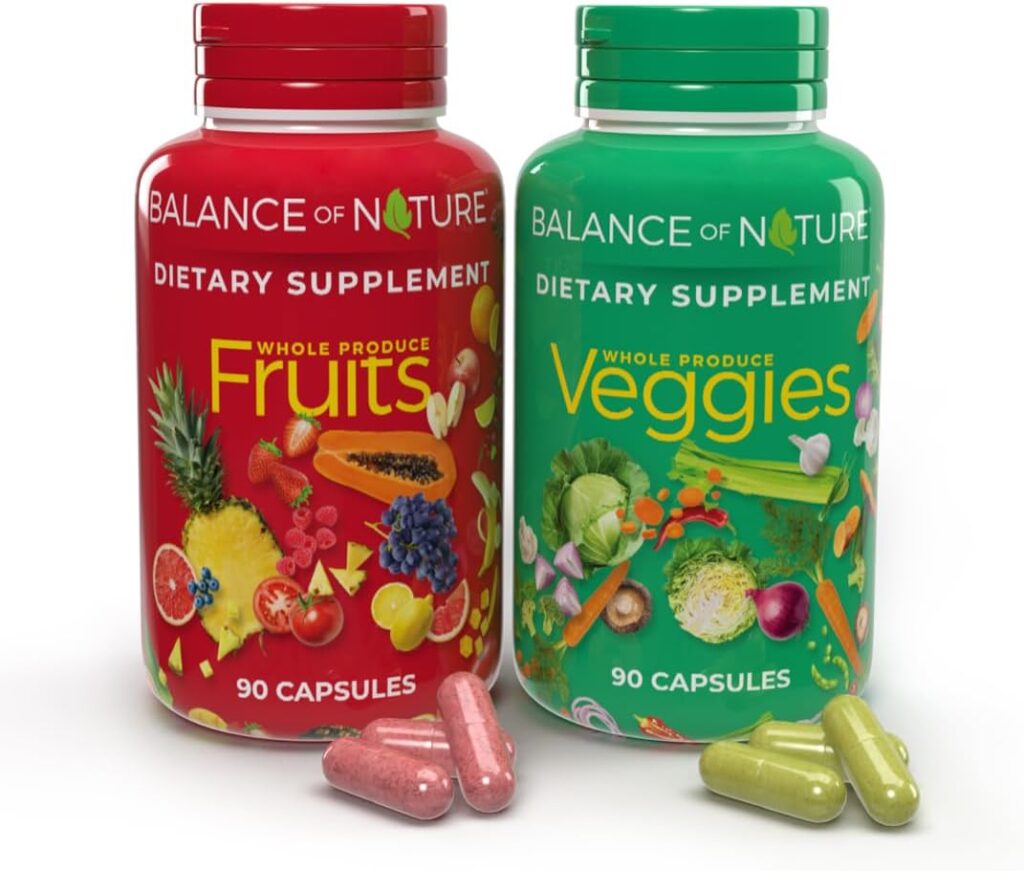
Whole Food Supplement with Superfood Fruits and Vegetables
Balance of Nature Veggies is made with broccoli, cabbage, carrot, cauliflower, cayenne pepper, and more.
Fruits & Veggies are gluten-free, non-GMO, keto-friendly, and vegan; they are also free from added sugars, fillers, and synthetics
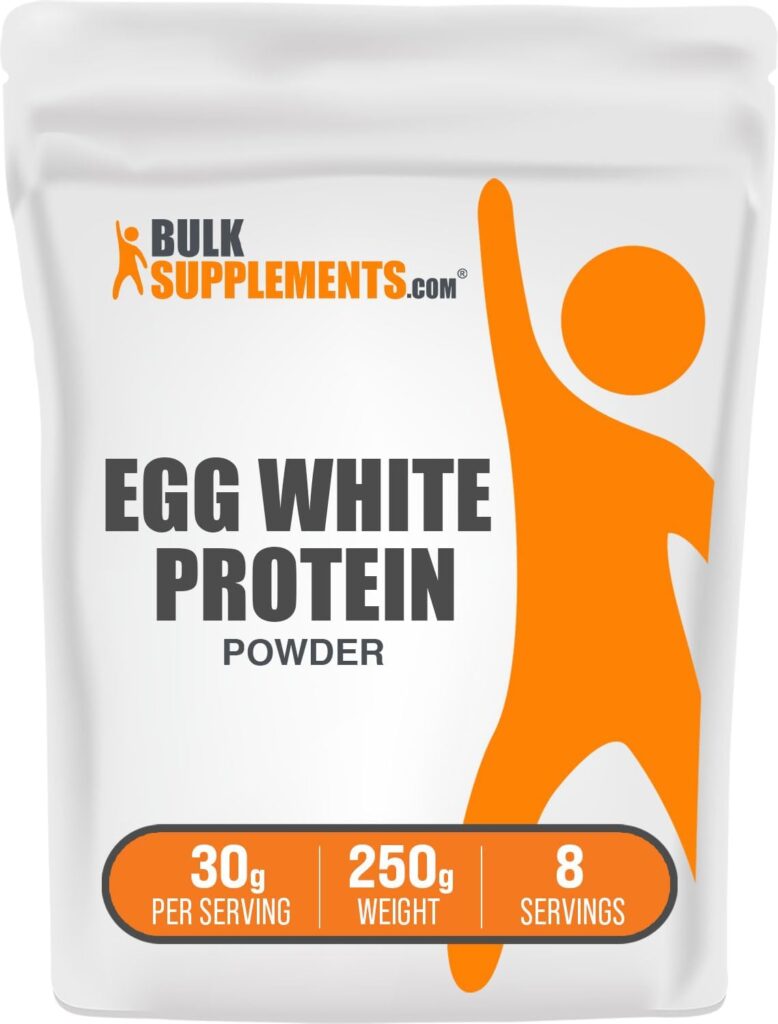
Egg White Protein Powder – Lactose Free & Dairy Free Protein Powder
This Egg White Protein or powdered egg white, a lactose free protein powder, or is easy to digest so you can score a nutritional boost that helps fuel your muscles.
A great choice if you’re looking for an unflavored protein powder that won’t affect the taste of your favorite smoothies or shakes.
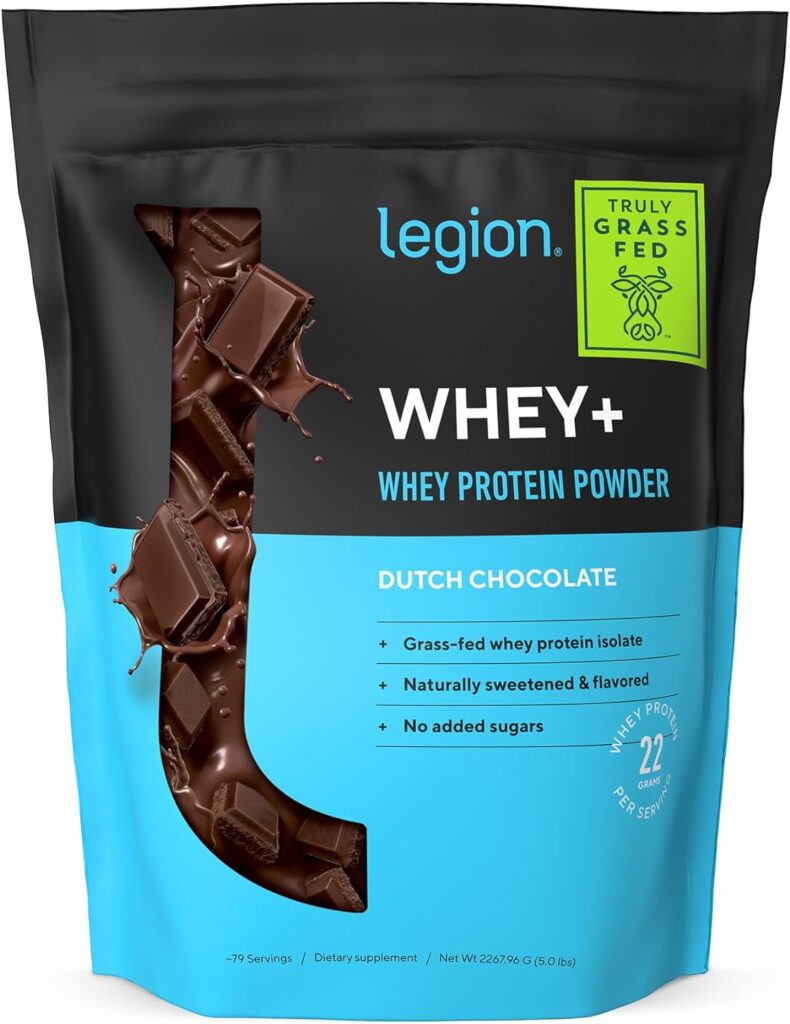
LEGION Whey Protein Powder Chocolate – Whey+ Isolate Protein Powder
LEGION Whey+ Whey Isolate Protein Powder is made from 100% whey protein isolate, a concentrated form of protein with virtually no fat or carbs.
This pure whey protein powder isolate is great for those who value natural & healthy ingredients.
Affiliate Disclosure
This post may contain affiliate links, i.e., when you buy any product using these links, we get commissions. However, it doesn’t cost you anything extra. If you do purchase any product using the given links, we thank you in advance!
Related posts and recipes
We have a large number of posts and recipes where we make reference to healthy eating because of the reasons that you saw above.
However, here are only a few of our posts and recipes where healthy eating is referenced:
- Tips to avoid eating sugar
- Easy air fryer broccoli
- Mediterranean veggie scrambled eggs
- Why are veggies good for you?
- Why use olive oil?
You can explore our recipes and get some more ideas about healthy eating.
If you have any questions or comments, make sure to reach out to us or leave us a comment down below.
Thank you for reading us!

